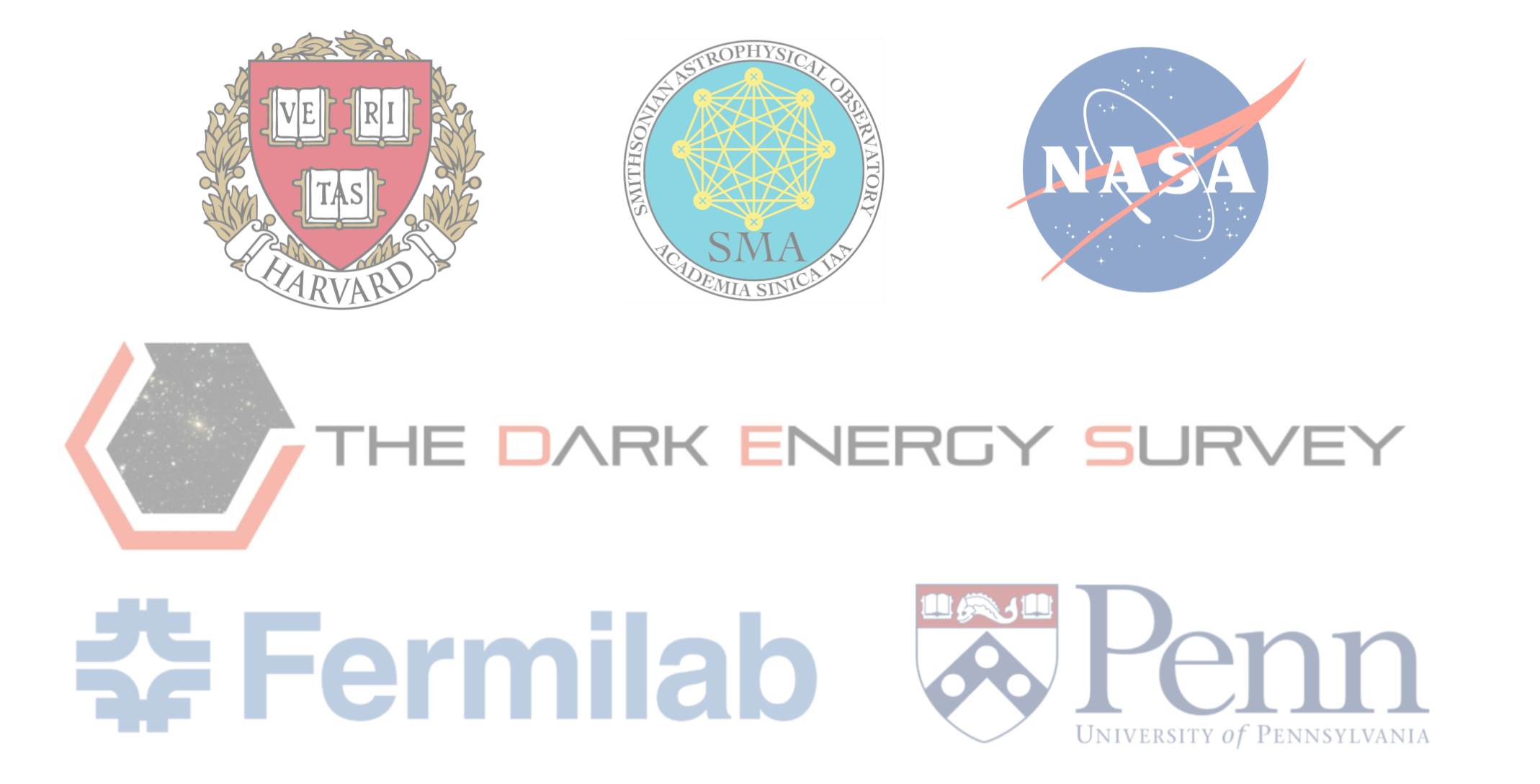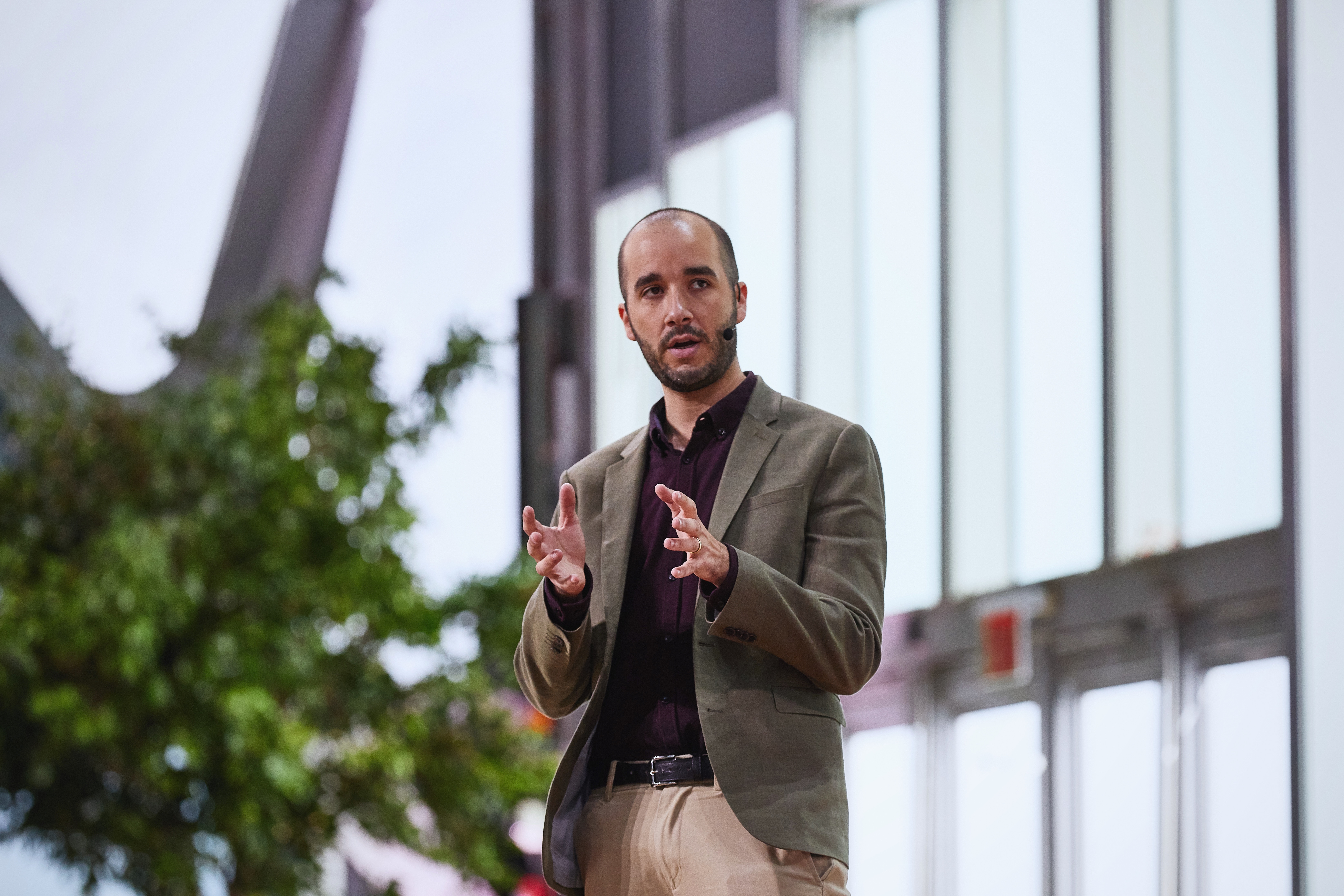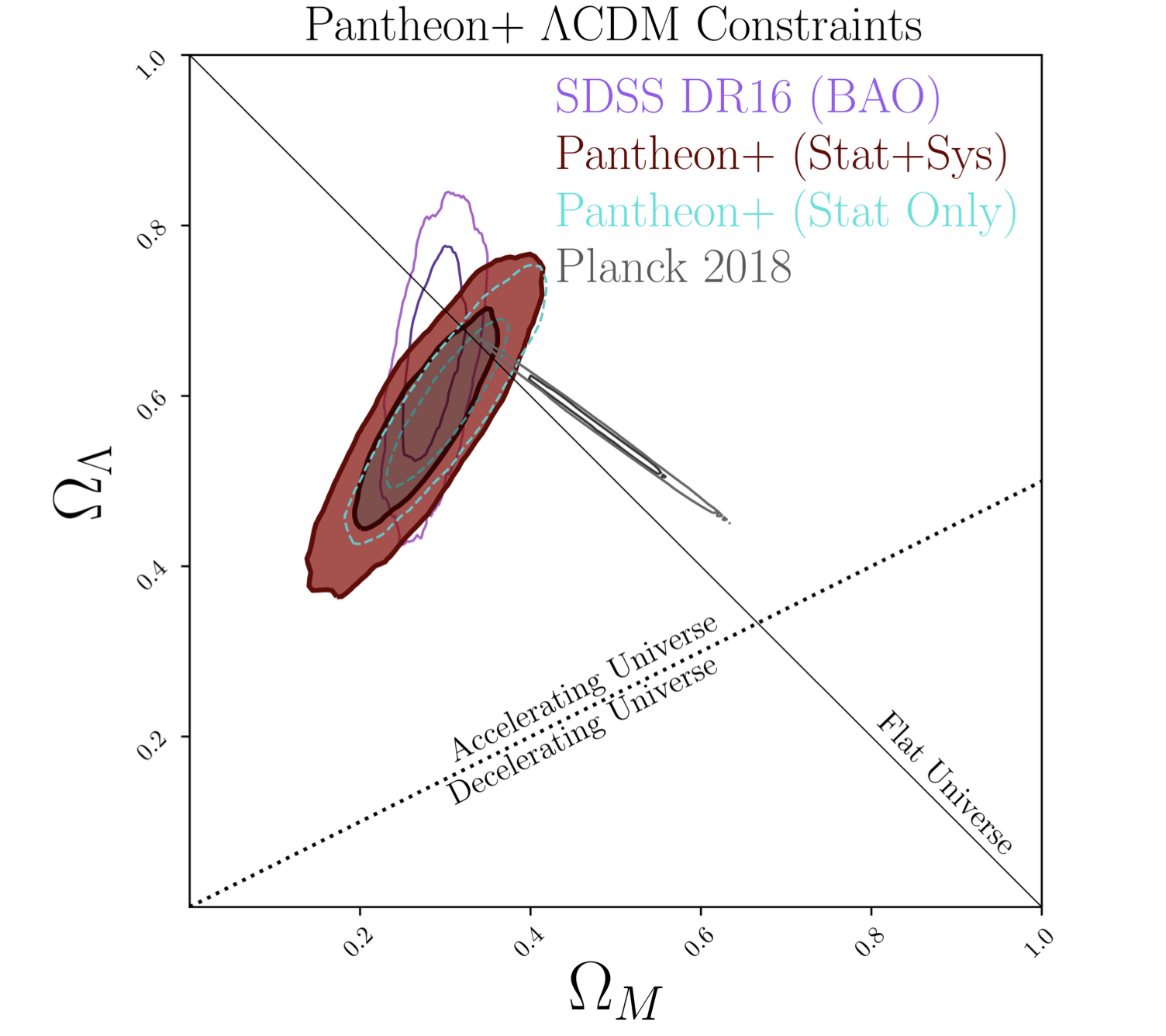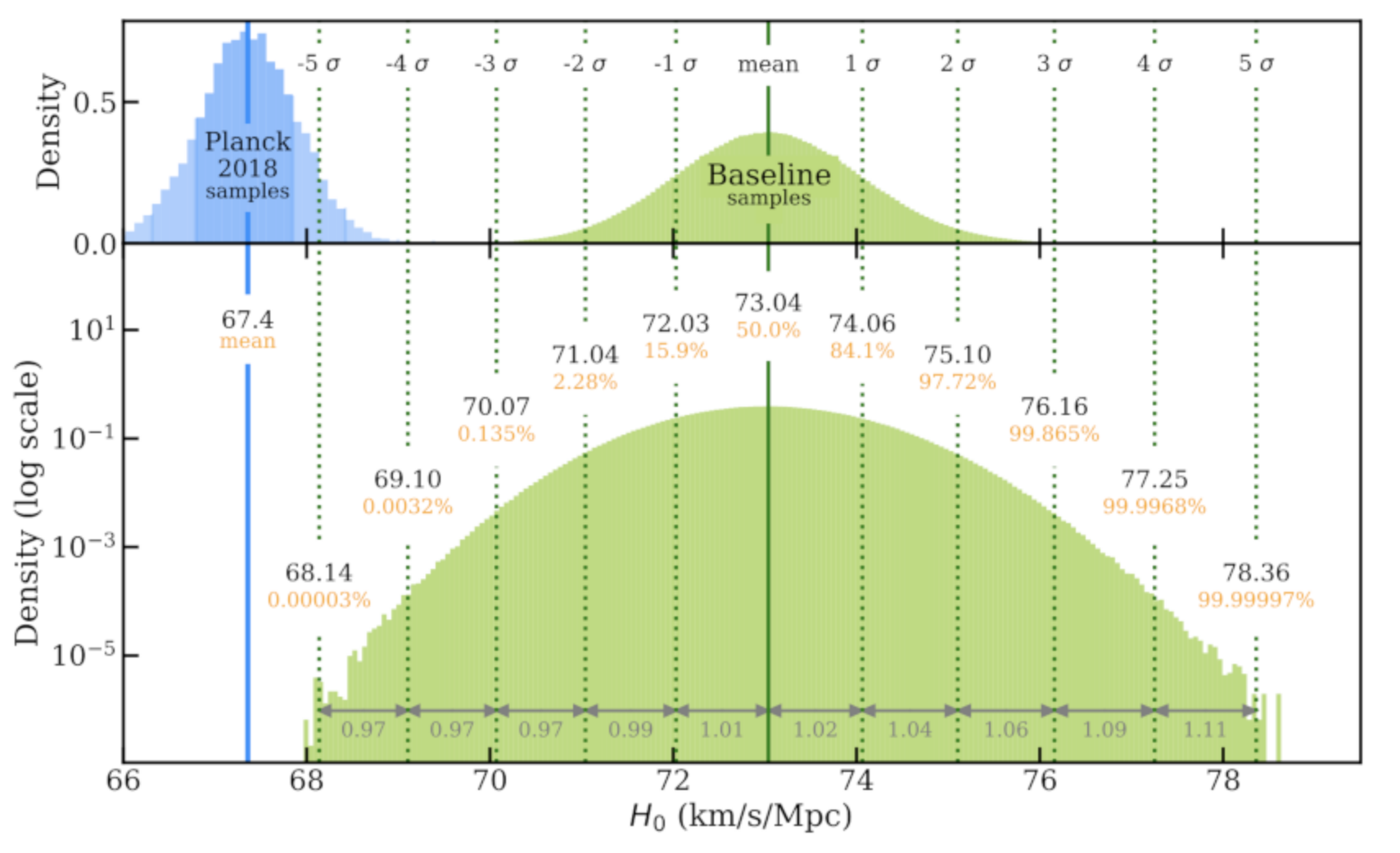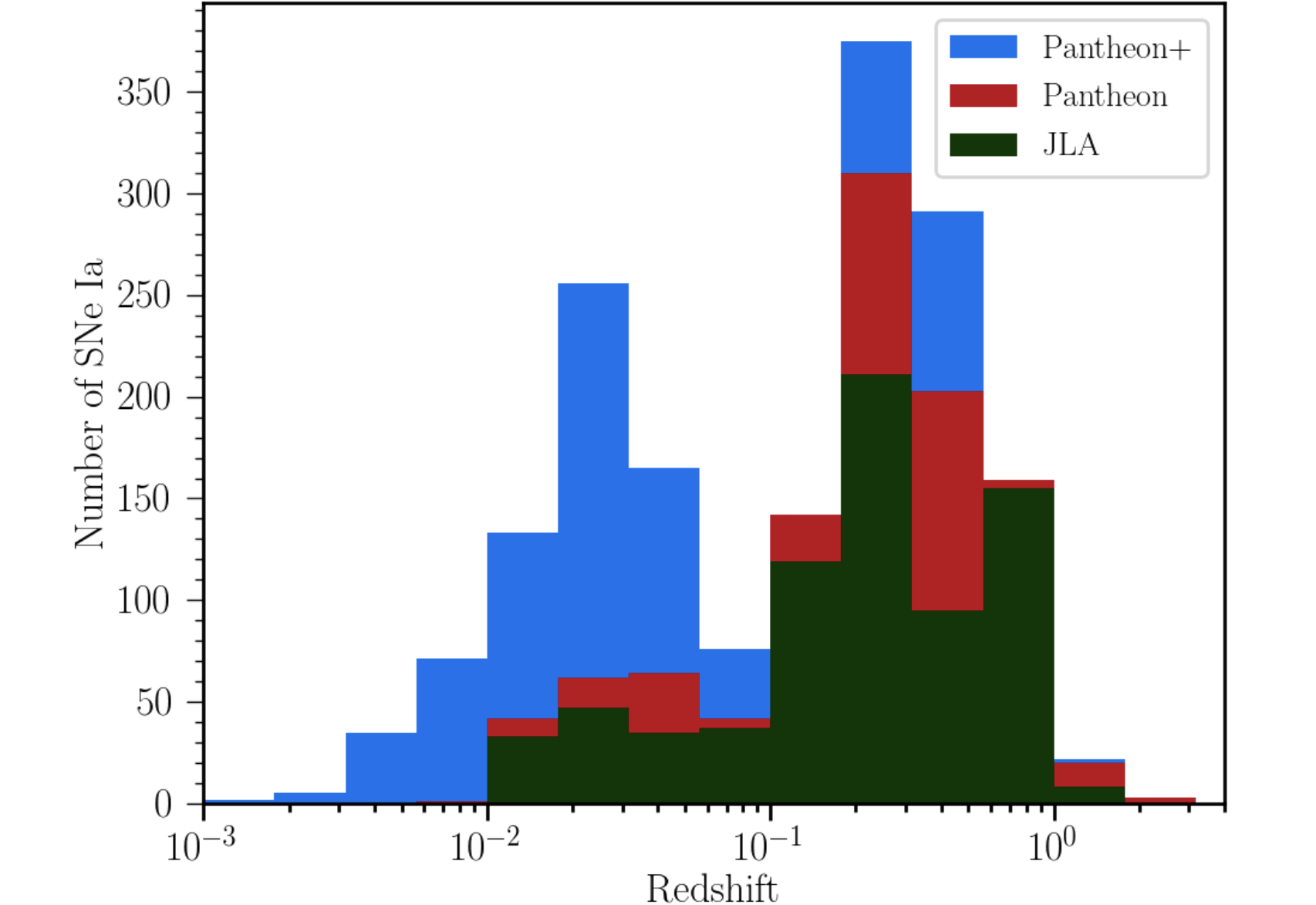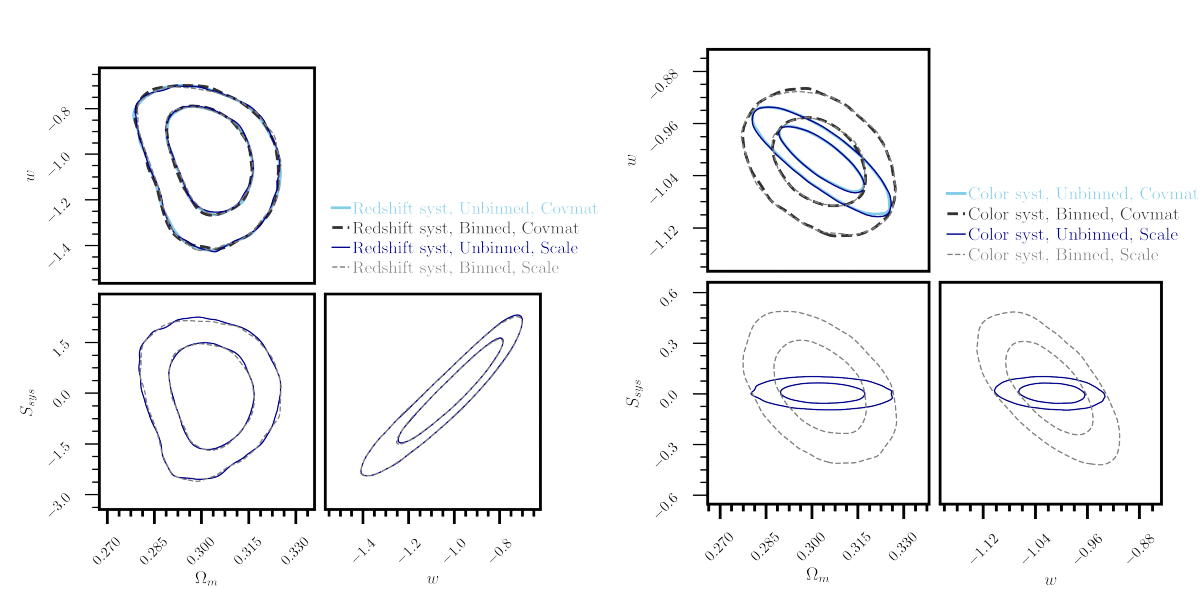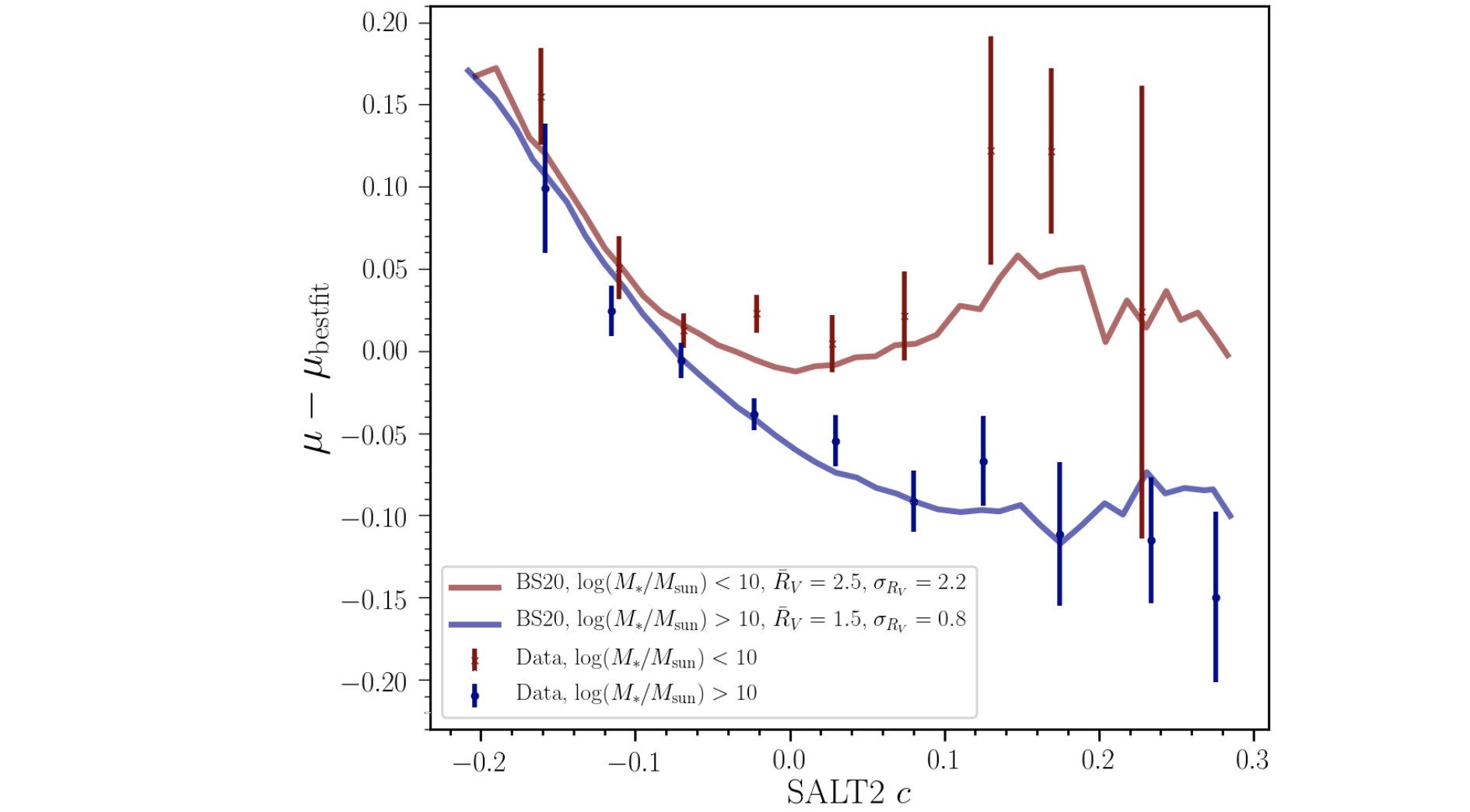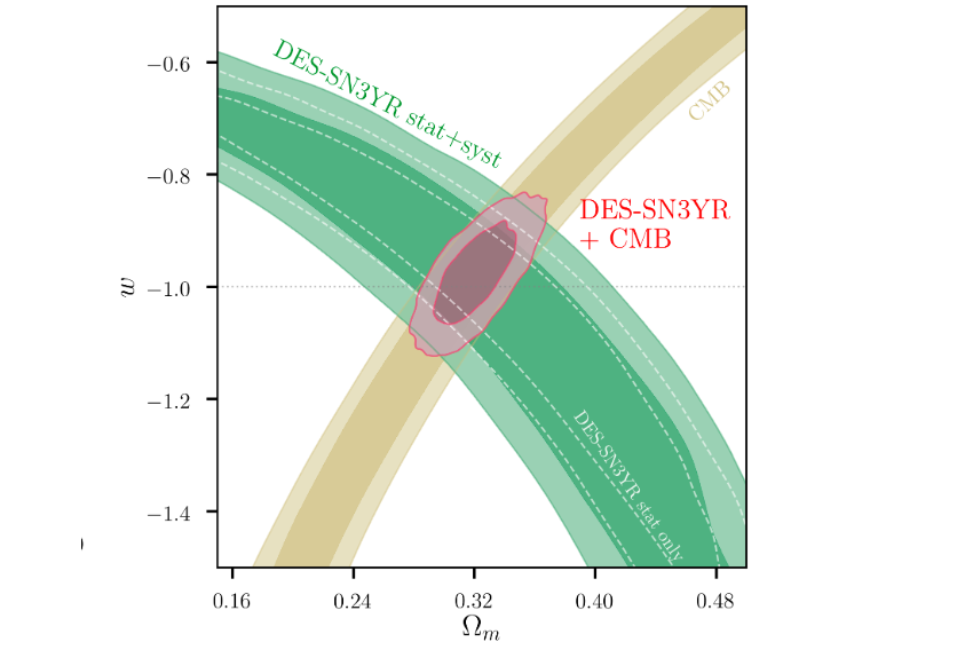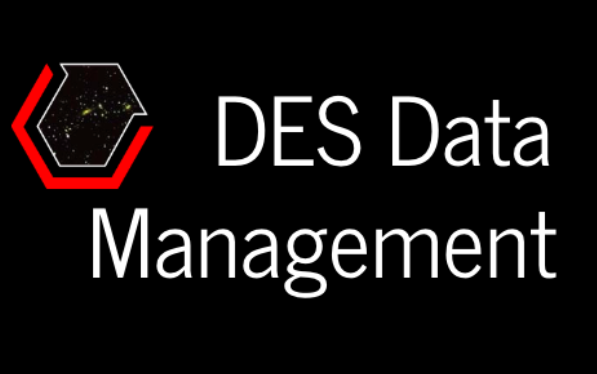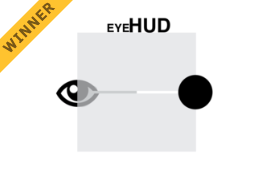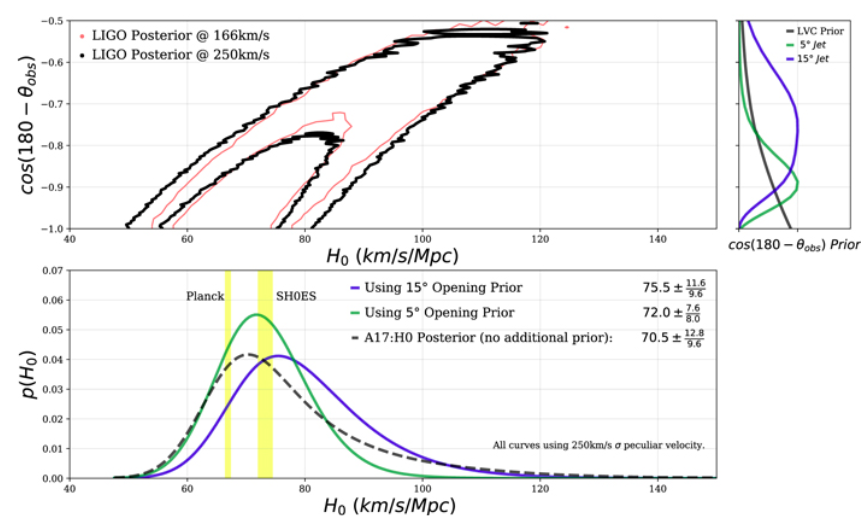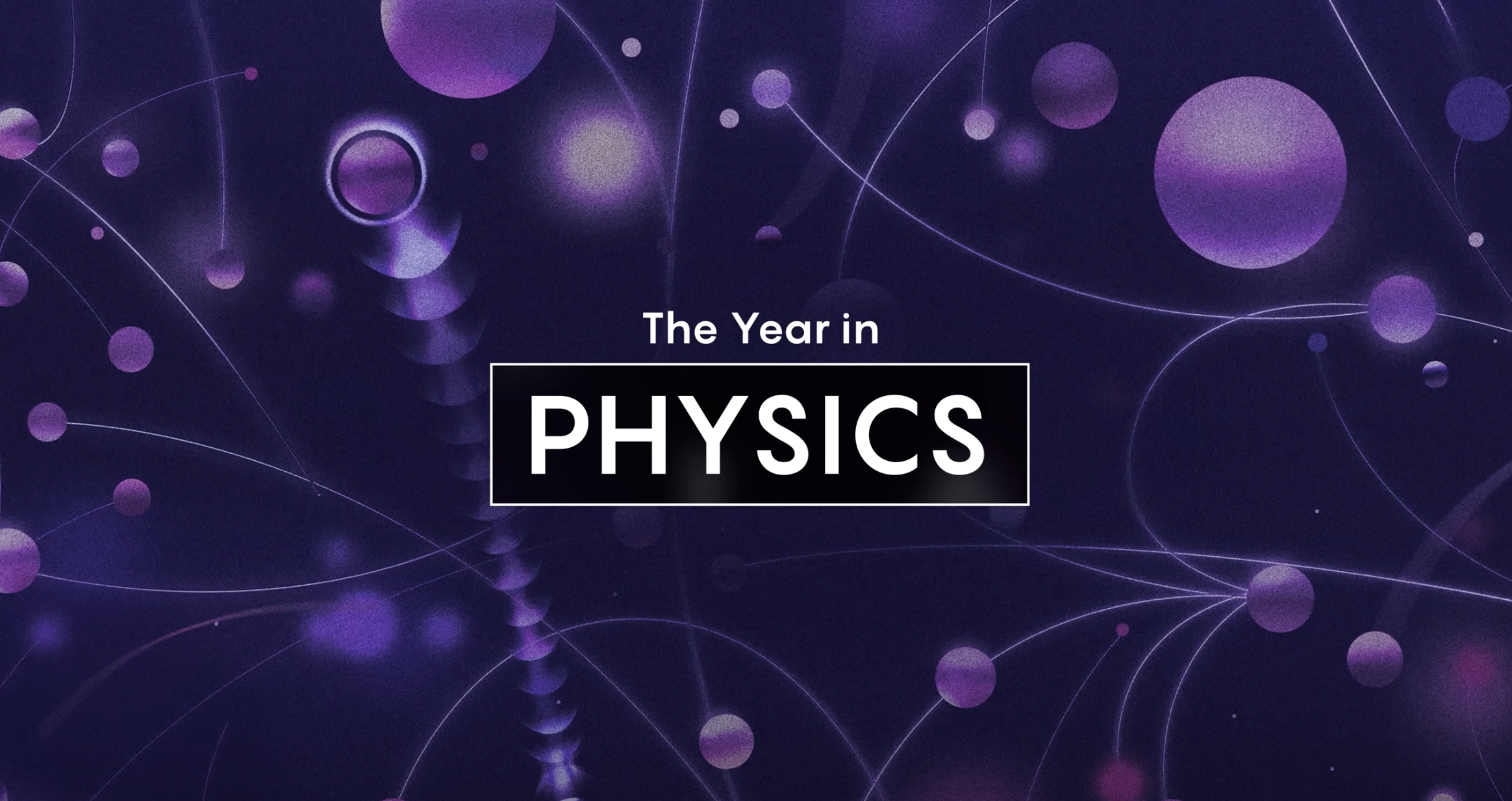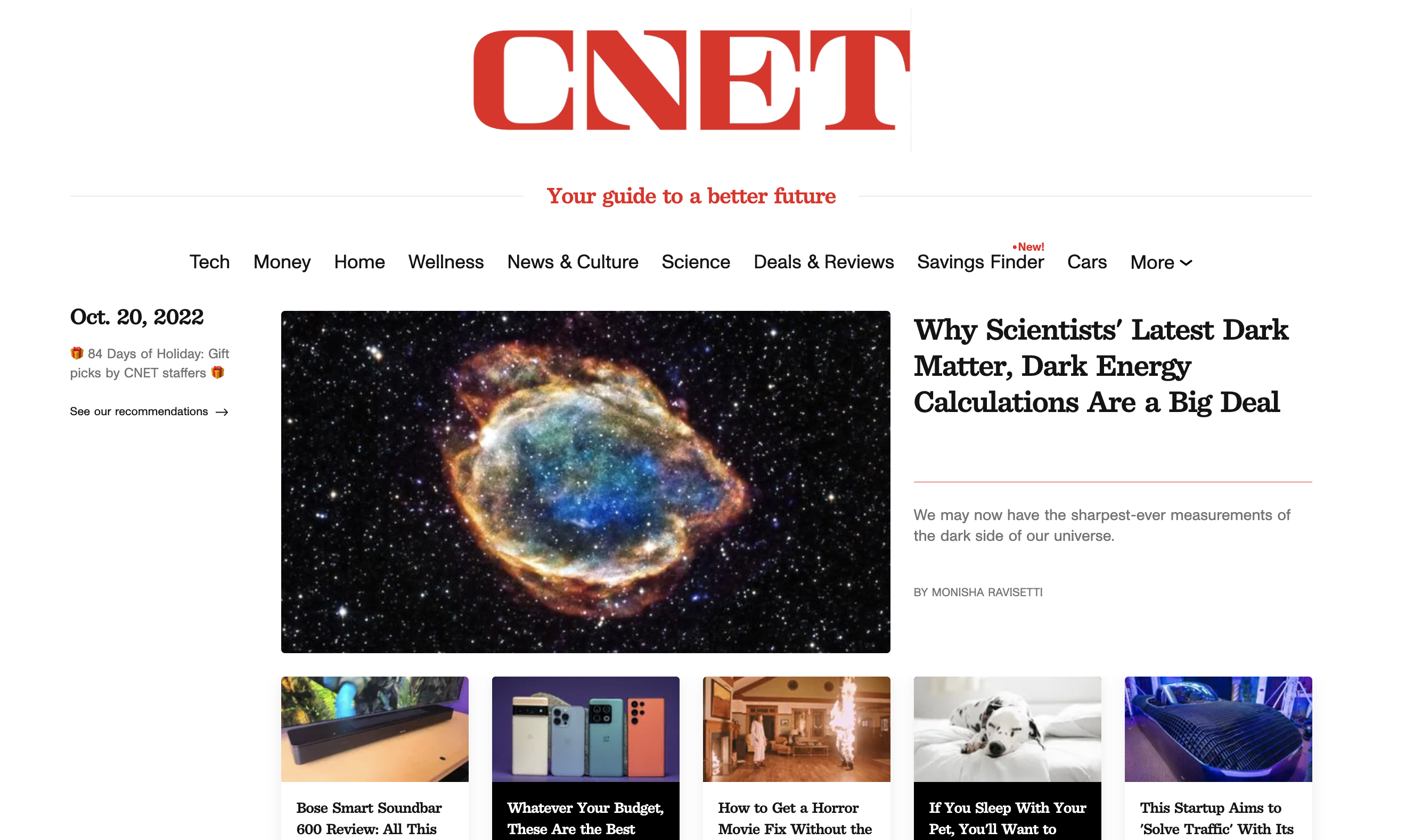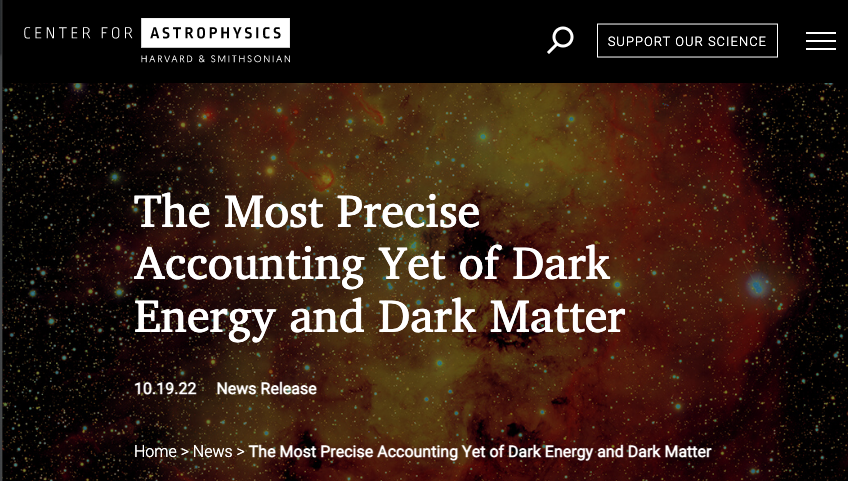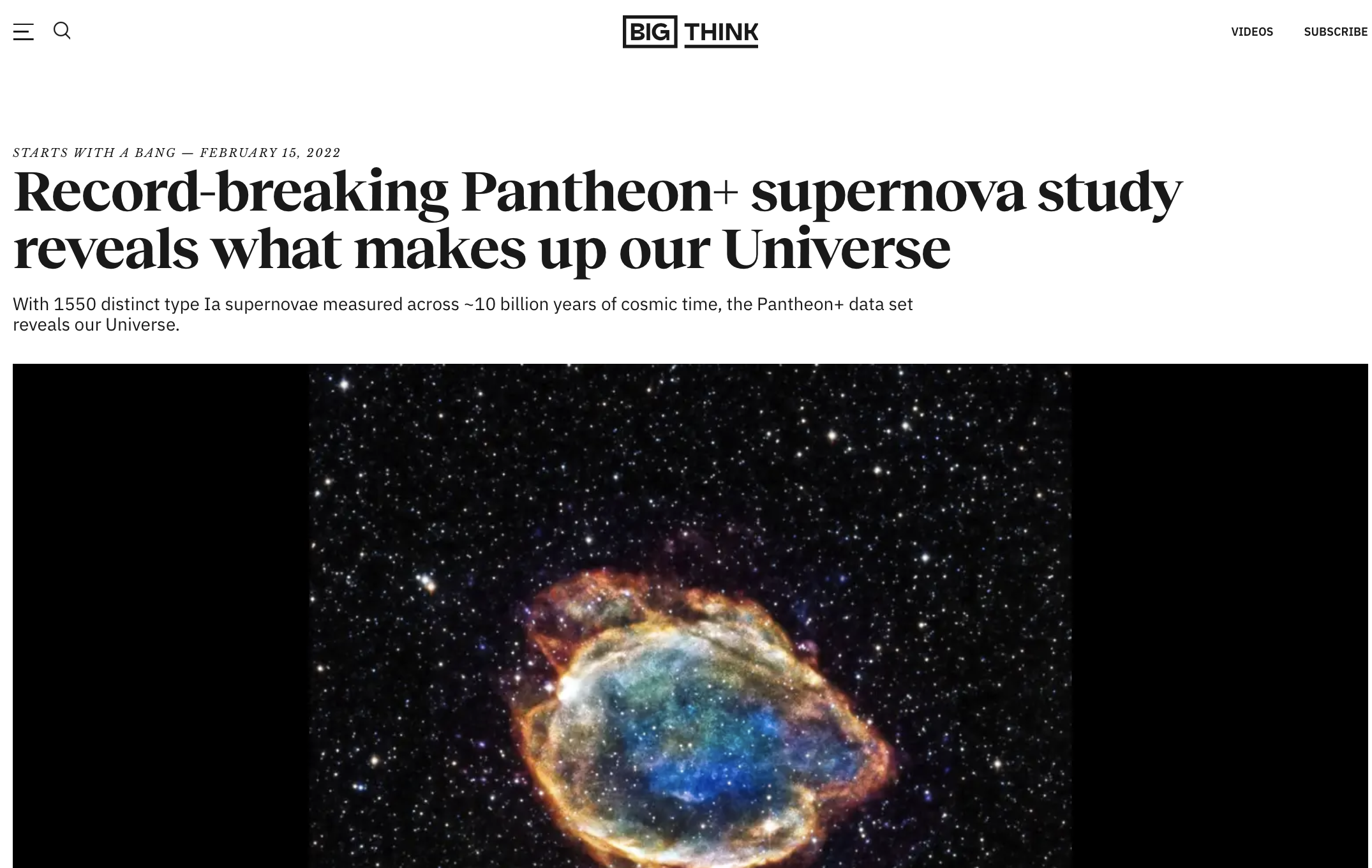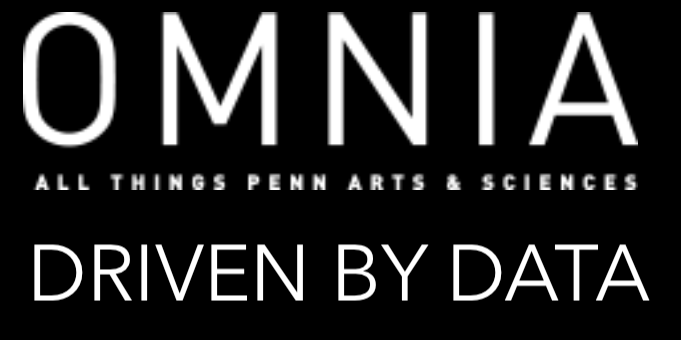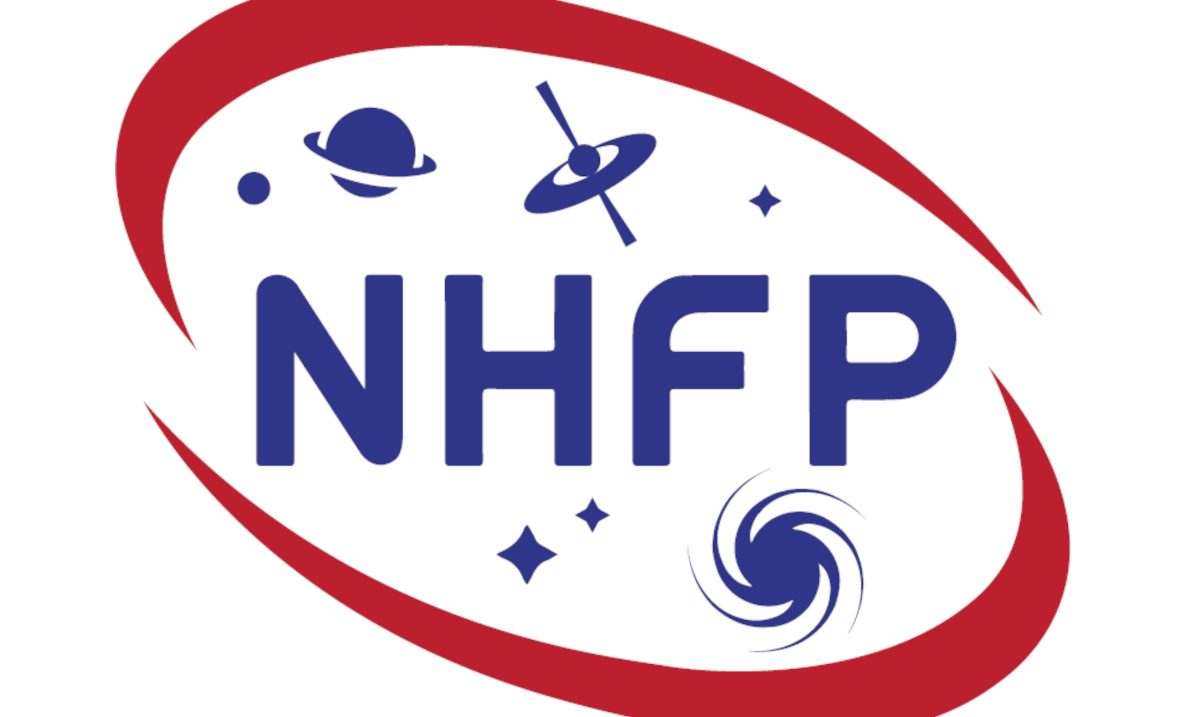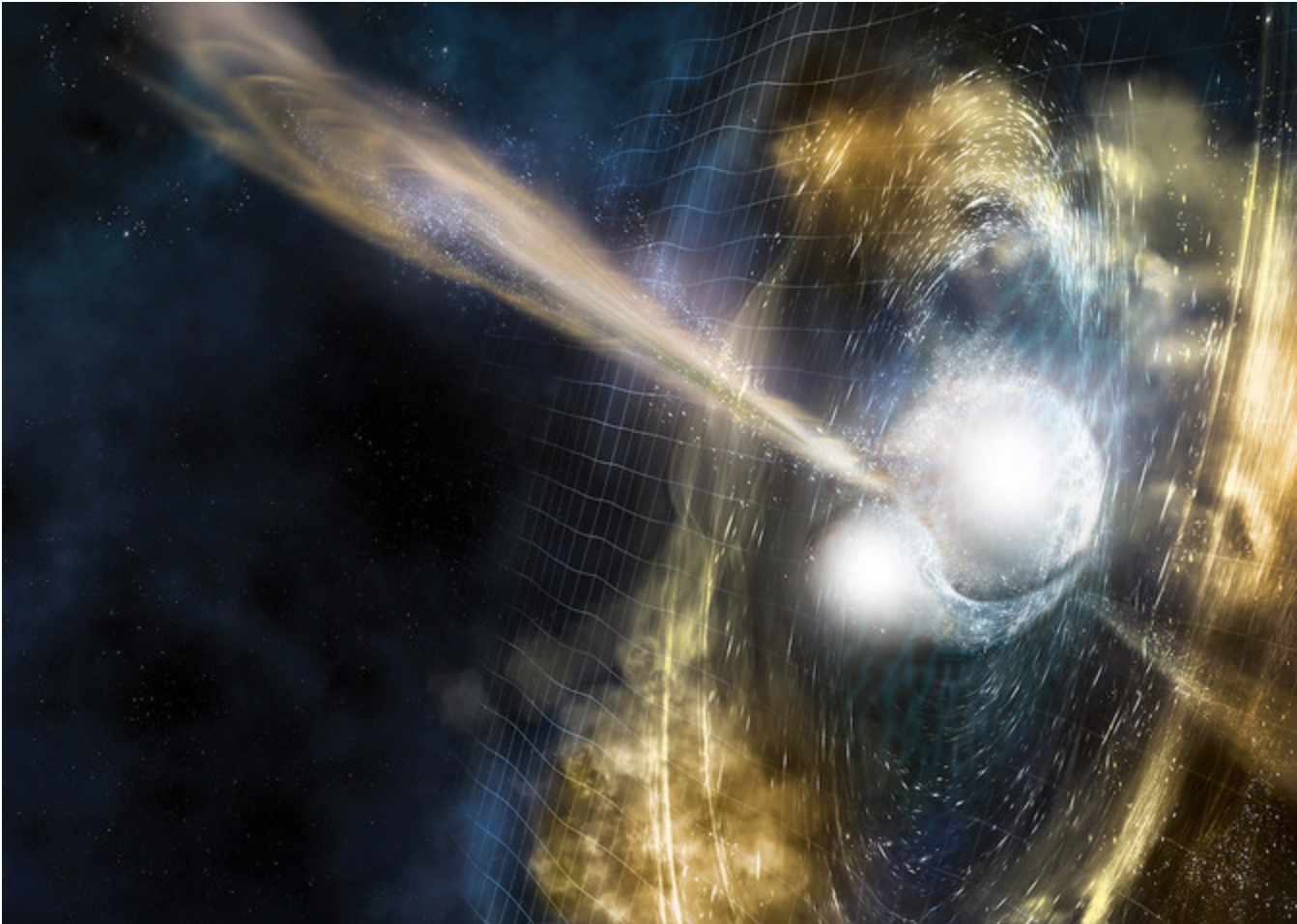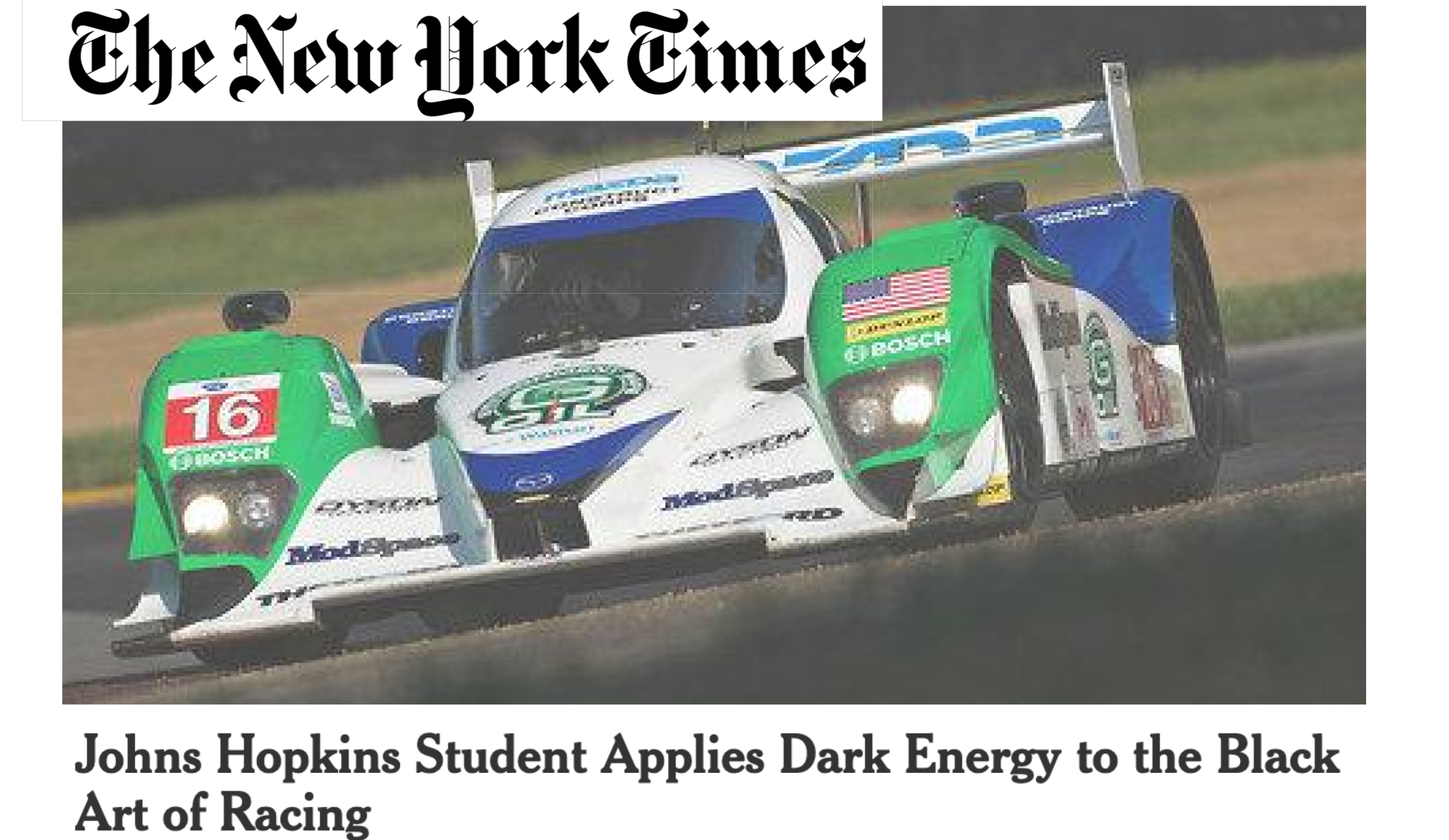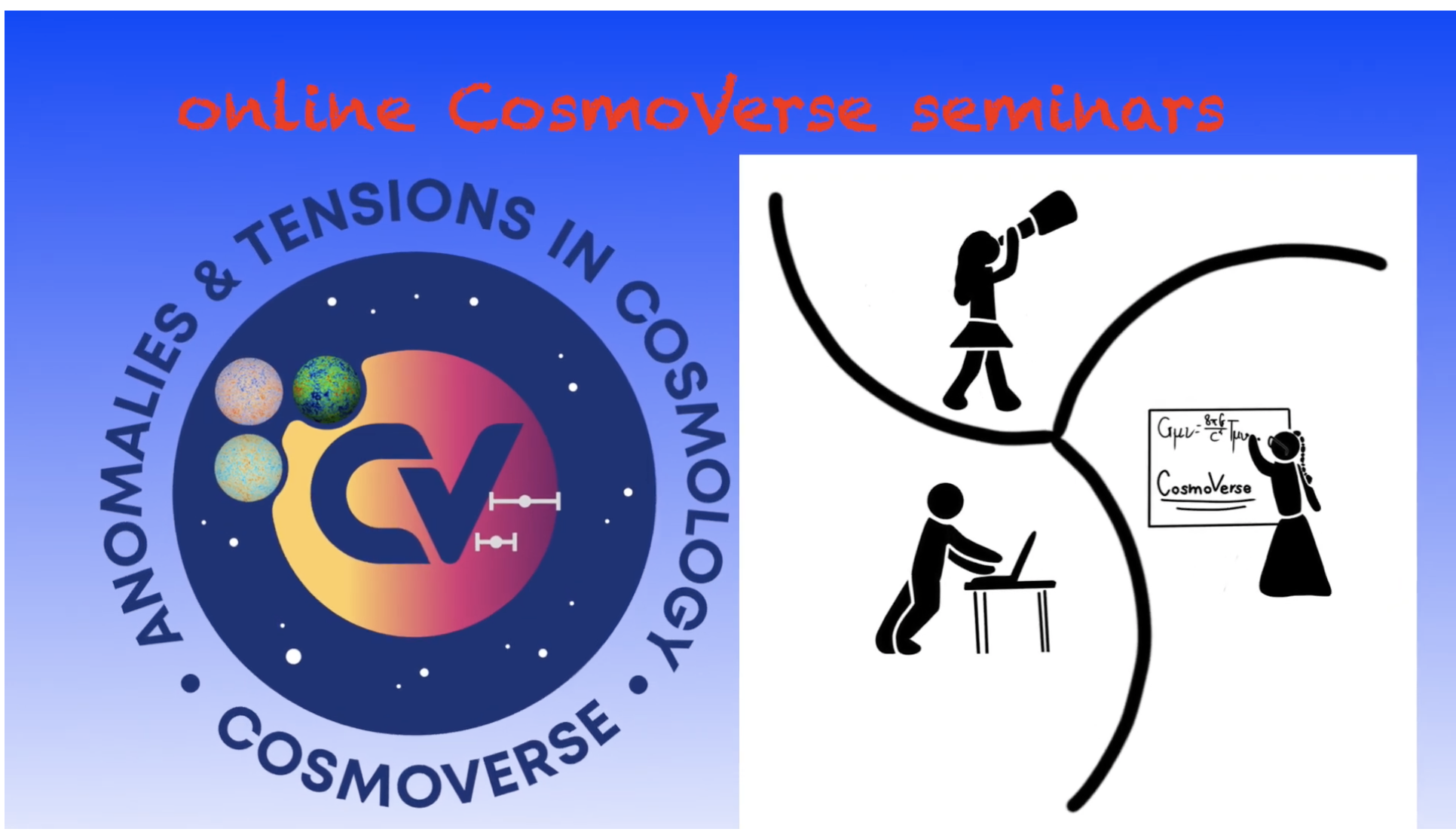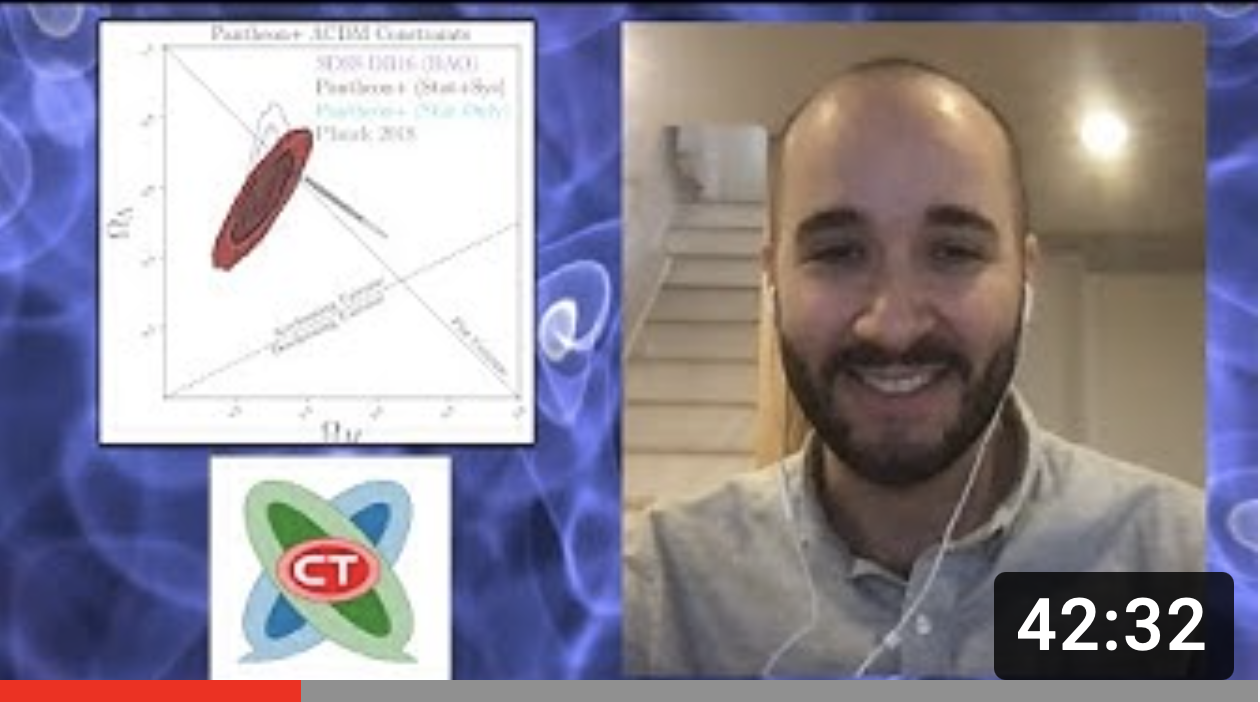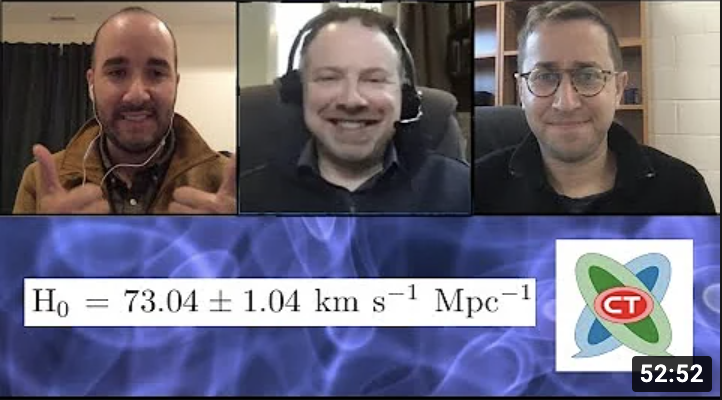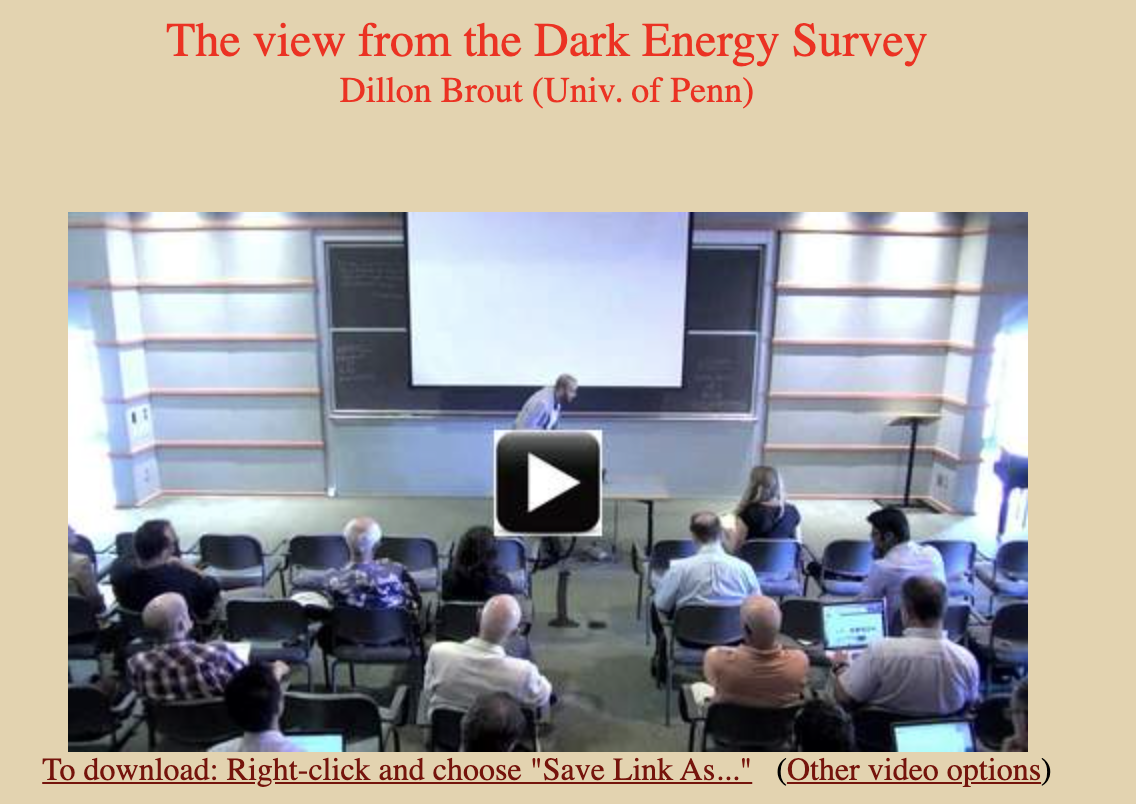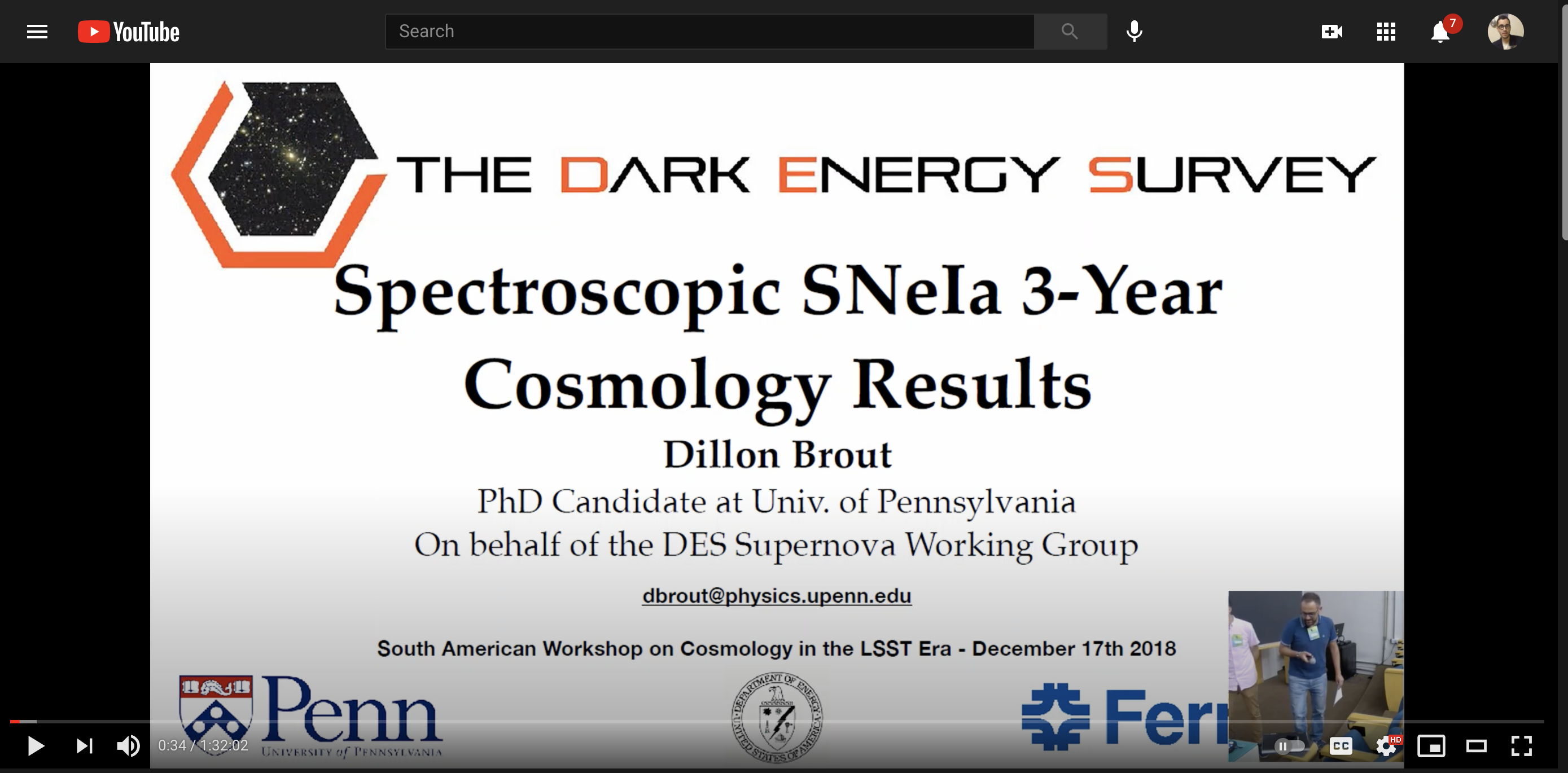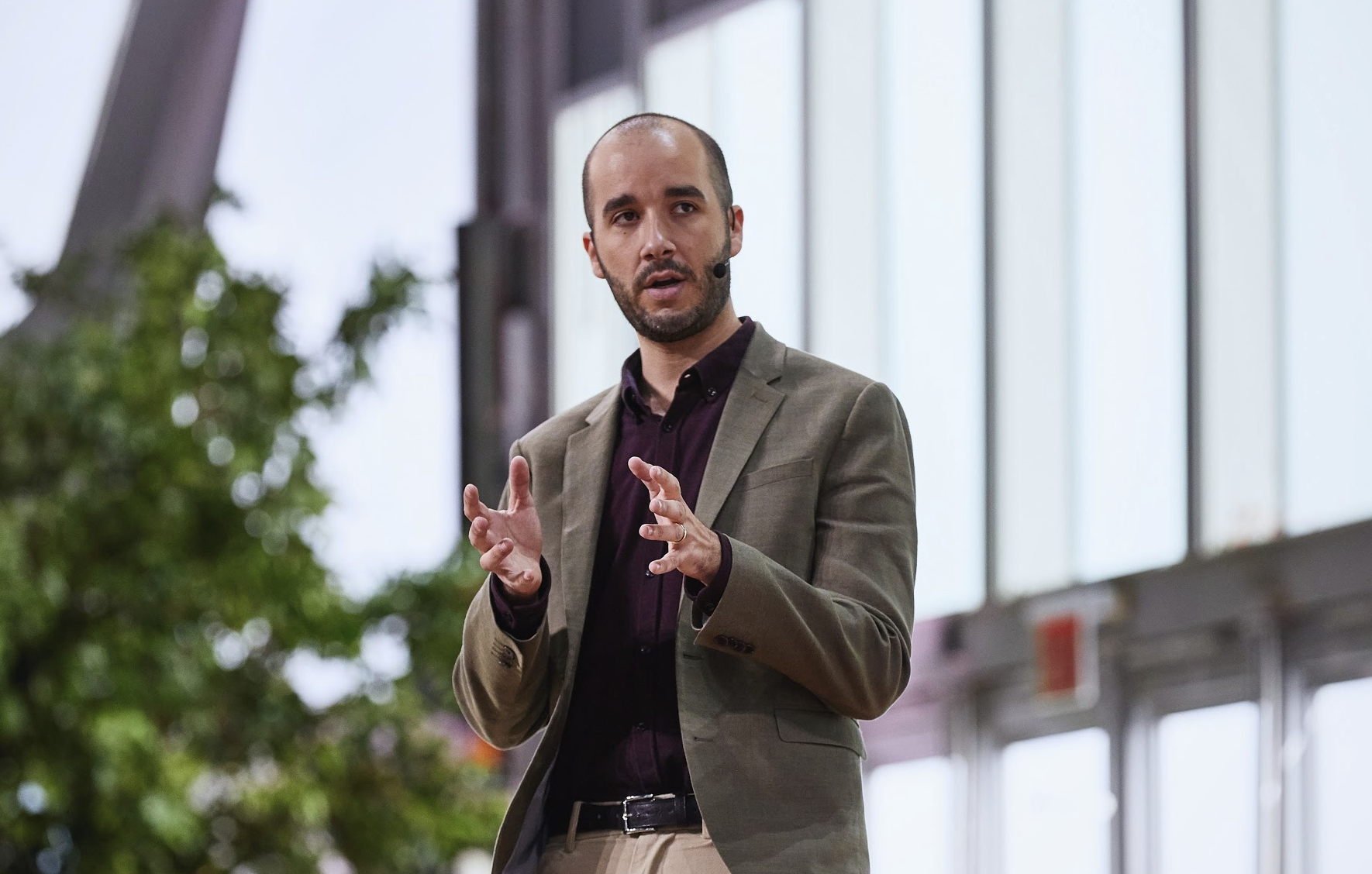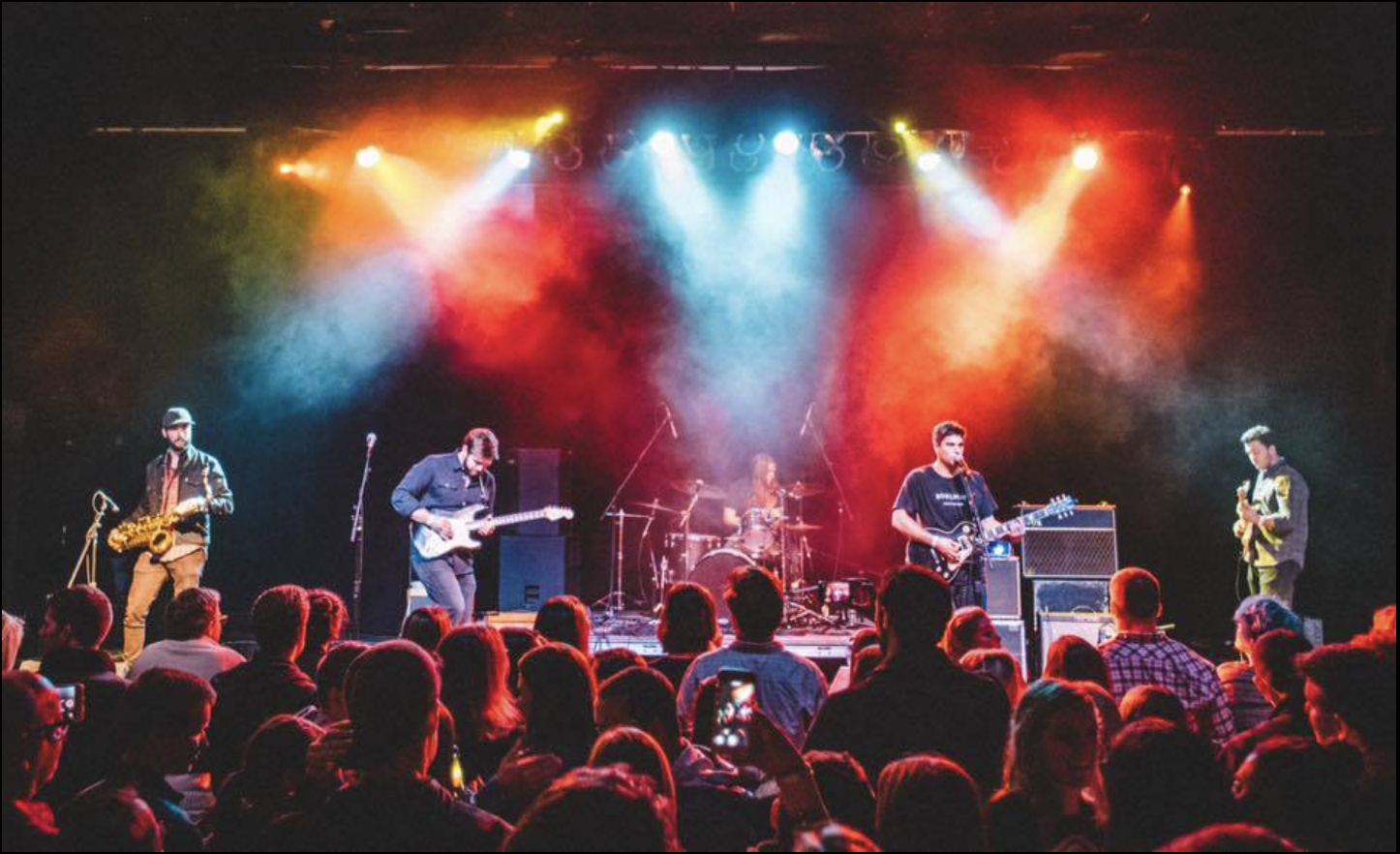Hello, I'm Dillon.
Cosmologist. Astrophysicist. Data Enthusiast.
Hello, that's me!
I'm an Assistant Professor in the Astronomy and Physics Departments at Boston University. I was formerly a NASA Einstein Fellow at the Center for Astrophysics | Harvard and Smithsonian. I'm driven to understand the dynamics of the cosmos and the nature of Dark Energy and Dark Matter.
I work with extremely large datasets on a regular basis and imploy state of the art machine learning, statistical tools, and image analysis to make statements about the universe.
I am also passionate about analysis, vizualization, and manipulation of large datasets across other disciplines as well as teaching others to do the same.
Research Interests
Dark Energy and Dark Matter
I'm leading the two largest Type Ia Supernova datasets to date, Pantheon+ and the Dark Energy Survey. Type Ia SNe allow us to measure cosmological parameters including the equation of state for dark energy. Our results are in agreement with a cosmological constant and make a significant leap forward in supernova analysis and data quality. The next steps are 1) to measure the evolution of dark energy and 2) to measure better both the amount of dark matter in the universe and also its "clumpyness". All of these have the potential to shed insight on the interplay between fundamental components of the universe and will allow us to both constrain existing models for the universe and inspire us to come up with new ones!
Growth Of Structure
Supernova Physics
Redshift surveys such as DESI have the ability to constrain the growth of structure and general relativity, but in the nearby universe they are limited by the number of galaxies. However when this information is combined with external information on distance, constraints can be 2x better! Type Ia Supernovae in this case provide the best distances at a wide range of redshifts and will play a central role in this discussion in the coming decade.
Gravitational Wave Cosmology
As part of the Dark Energy Survey Gravitational Wave (DESGW) followup team, I have optimized use of the Dark Energy Camera for detection of GW Sources. We were co-discoveres of the very first ever binary neutron star merger that was initially "heard" by LIGO and then seen visually shortly thereafter. With objects like these we have the unique oppotunity to make an independent measurement of the ever-controversial Hubble Constant (expansion rate of the universe today) by using its inferred distance from the masses of the neutron stars and from its discovered redshift (recession velocity).
Large Datasets and Machine Learning
As part of the Dark Energy Survey database we work with over 4 petabytes of images. Data reduction, manipulation, transfer, and precision anlysis using state of the art statistical tools is of utmost importance to achieve sound scientific results. We develop custom algorithims for simulating and making measurements of the astrophysical data and we utilize high performance computing systems to execute them. I alo employ a number of machine learning algorithms in my daily work, for example, neural networks to perform object classification and detection. But also for fun I really enjoy extendeding neural networks and other machine learning algorithms on datasets outside of astrophysics.
Current Science Teams!
Dark Energy Survey
I have the great pleasure of serving as the DES 5 Year Photometric SN Ia Cosmologicl Analyis Coordinator. We are working to publish our final cosmological analysis of the largest dataset ever acquired from a single telescope (~1500 SNe).
Pantheon+
SH0ES
The Pantheon+ team is a small team of supernova cosmologists that have compiled the state of the art dataset of SNe Ia for cosmology and have produced the current best constraints dark energy properties and that have been used in analyses such as the Planck 2018 cosmology papers. Pantheon+ is the largest compilation of SNe and has placed the best constraints on cosmology of any sample to date. The SNe Ia covering the widest span in redshift of any dataset in cosmology today (0.001
DESI
I have the pleasure of serving in DESI as the Chair of Time Domain and Low Redshift Cosmology working group. We are working to address the limitations of DESI at low redshift by supplementing with additional distance estimates. We are also targeting historical SN galaxies to ensure a homogenous redshift sample.
DEBASS
I am the PI of a new long term program on the Dark Energy Camera on the CTIO 4m telescope to collect more than 500 low redshift SNe Ia over 3 years. Our small group (for now) calls ourselves the Dark Energy Bedrock All Sky Supernovae (DEBASS) team and our goal is to measure dark matter and sigma8 (clumpyness) to unprecedented precision from a unique sample of SNe Ia across the southern sky. We will also be a precursor to the LSST (located one mountaintop over!) and complement their dataset with a low redshift anchor for the Hubble Diagram and measuremnts of cosmic acceleration.
Recent Works
In The News
Videos
Itinerary & Past Talks
Supported By
